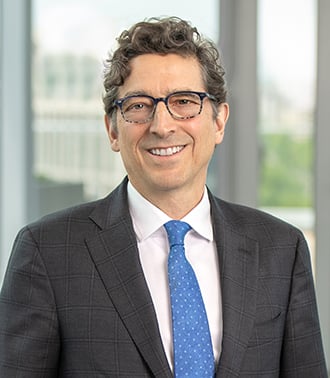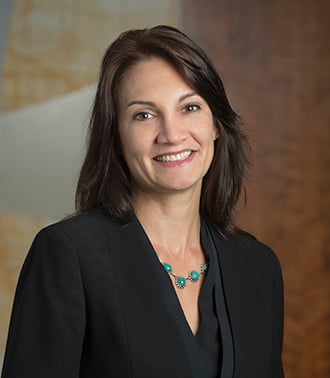At ABA Conference, Feds Show They’re Setting Their “Sites” on E-Commerce as a Consumer Fraud Enforcement Priority
This week at the ABA’s 37th Annual National Institute on White Collar Crime in foggy San Francisco, a panel of consumer fraud practitioners and enforcers offered insights into the government’s current and future priorities in the consumer fraud space, as well as trends in the government’s investigative approaches to those cases.
The panel included Gustav Eyler, the Director of DOJ’s Consumer Protection Branch, Bonni Perlin, Chief of the Civil Division’s Affirmative Civil Enforcement in the Eastern District of New York, and Robert Kaye, Director of the Office of Compliance and Field Operations at the Consumer Product Safety Commission (CPSC).
As is par for the course in an area as broad as consumer protection, the panel hit on an impressive array of topics in its allotted hour and change, but we were particularly struck by two takeaways.
- E-Commerce: Both the DOJ and CPSC are targeting e-commerce as a current and future priority. Kaye stressed that the CPSC is keenly focused on e-commerce issues as part of its efforts to remove hazardous products from the marketplace, particularly as it relates to what entities are responsible parties obligated to take action when a product presents a danger to consumer. As an example, he pointed to the CPSC’s current administrative litigation against Amazon to compel Amazon to recall alleged hazardous products. Kaye stated that the lawsuit will determine whether Amazon is a responsible party for recalls and reporting with respect to the products it delivers to consumers. (We note that the issue of whether Amazon is a responsible party appears to have been largely resolved by a January 19 order in which the Administrative Law Judge ruled that Amazon meets the statutory definition of the term “distributor” under the Consumer Product Safety Act with respect to products in the Fulfilment By Amazon program.) Eyler added that, as part of DOJ’s focus on combatting the opioid crisis, it is now looking at the conduct of companies who manufacture and sell lawful products that end up on the illicit market, or are counterfeited for the illicit market, including e-commerce companies and even social media sites, to determine whether anything can be done to stop these key drivers of opioid-caused deaths.
- Cross-Agency Cooperation: Eyler, Perlin and Kaye each drove home the increasingly collaborative nature of consumer fraud investigations and enforcement actions. Eyler noted DOJ’s increased use of parallel proceedings and increased openness to approaching investigations without a preset determination of whether it will lead to civil or criminal penalties. Perlin noted that enforcers are looking to utilize all of the investigative and statutory tools at their disposal and share information across parallel investigations. And Kaye underscored both points by noting that CPSC consistently coordinates with DOJ on both civil and criminal matters in order to ensure that any potential resolution under consideration is advantageous, and to ensure that CPSC and DOJ are on the same page about how to resolve the matter efficiently. This commentary from Kaye brought to mind one such recent criminal matter: in October 2021, DOJ announced it had reached a corporate criminal penalty settlement for late reporting under the Consumer Product Safety Act with Gree Electric Appliances, Inc. of Zhuhai, the first of its kind.
We’re looking forward to hearing more from the ABA White Collar Institute’s prestigious panels of regulators, enforcers, and practitioners, and we’ll be keeping you up to date here on Enforcement Edge.
© Arnold & Porter Kaye Scholer LLP 2022 All Rights Reserved. This blog post is intended to be a general summary of the law and does not constitute legal advice. You should consult with counsel to determine applicable legal requirements in a specific fact situation.


